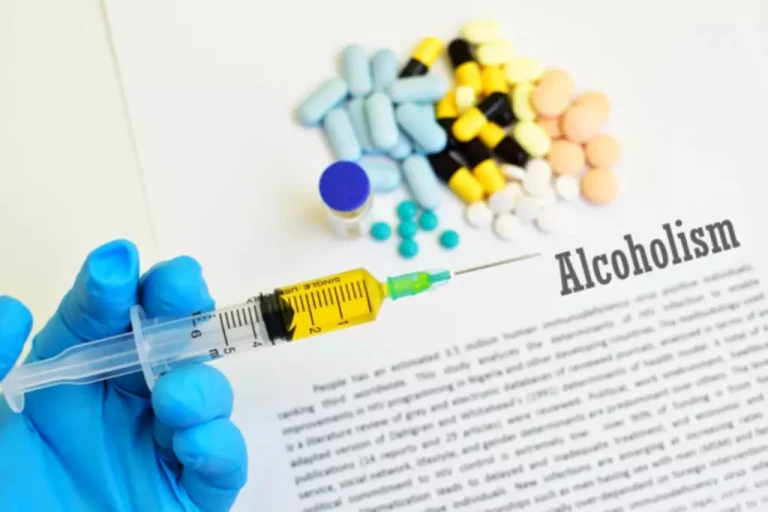
Like other blood vessels, spider angiomas blanch when pressure is applied. They are most frequently found on the face, v of the neck, chest, arms, hands and abdomen. Look for hydrating and soothing skincare products containing ingredients like hyaluronic acid, glycerin, aloe how alcohol affects your skin vera, chamomile, and green tea extract. In addition, dehydration could be one of the reasons your head is pounding after one too many cocktails. It may sound like an obvious one, but one of the most important things you can do to help your skin is to drink enough water.

month after you stop drinking alcohol:
Melanoma, also referred to as malignant melanoma, is a highly malignant tumor arising from melanocytes. It predominantly affects the skin but can also be found in mucous membranes and internal organs. The incidence of melanoma has risen https://ecosoberhouse.com/ steadily over the past few decades.40 The incidence of melanoma is attributed to genetic and phenotypic characteristics and environmental exposure. Well-hydrated skin means a reduction in the appearance of fine lines and wrinkles.
How to help your skin recover from drinking.
- When it isn’t working right, the toxins stay in your cells, which leads to warmth and flushing.
- This alcohol-induced dehydration is why we can look a bit “rougher” than usual the morning after a night of drinking.
- The high sugar content in most cocktails can lead to inflammation, which increases cell damage and is a cause of acne.
- But its breakdown product, acetaldehyde, is a very potent vasodilator in the skin,” Soleymani said.
This is likely due to alcohol’s ability to dilate blood vessels, leading to increased blood flow and visible redness. Chronic alcohol consumption can exacerbate these symptoms, making the management of rosacea more difficult for sufferers. While some alcohol skin damage may be relatively harmless, prolonged alcohol abuse can give rise to more serious skin complications, often intertwined with liver disease. Beyond this, alcohol and effects on skin are inflamed in those with pre-existing skin conditions. As mentioned earlier, alcohol is a diuretic and can lead to dehydration.
Limit Alcohol Intake
- Be sure to thoroughly cleanse your skin, and nourish it with a good quality moisturizer as well as daily sun screen.
- Things like trouble concentration, slow reflexes and sensitivity to bright lights and loud sounds are standard signs of a hangover, and evidence of alcohol’s effects on your brain.
- This can make the skin more vulnerable to environmental damage and infection.
- Drink plenty of water in the days after alcohol consumption, and make sure to apply moisturizer and eye cream in the morning and evening.
- Once you have overcome alcohol addiction, it’s important to continue taking care of your skin to maintain its health and vitality.
And combined with inflammation and dehydration, this can make for some very unhappy skin. One study found that women who consumed eight or more drinks a week perceived themselves as looking older than those who didn’t drink (8). Alcoholic drinks are high in calories and have no nutritional benefit to your body. Zeichner further explained that skin inflammation caused by free radical damage can contribute to premature aging. And by lowering antioxidant levels in the skin, alcohol can make our skin even more susceptible to damage from its greatest enemy — the sun’s UV rays.

I always ask about alcohol consumption, and I hope my patients are straightforward with me about how much they drink. In conclusion, alcohol can have a significant impact on your skin health. It can cause various skin conditions, premature aging and wrinkles, acne, and dehydration.
- Alcohol affects your body’s natural production of melatonin3 and can cause or ramp up symptoms of sleep apnea4, such as snoring.
- First things first, the odd drink here or there isn’t going to break your body.
- Generalised skin itching (pruritus) may occur due to the build up of poorly metabolised substances that stimulate nerve endings in the skin.
- More importantly, this flushing is of concern as it is linked to an increased risk of squamous cell esophageal cancer due to alcohol consumption.

Moving Forward: Tips for Maintaining Healthy Skin in Recovery
- Many people are aware of the short-term effects of drinking on a person’s ability to function, and they may even know about the impact of alcohol on the heart, liver, and other organs.
- (Not to mention, your key cognitive functions.) This is when your body best heals itself from all ailments, and when it rapidly regenerates cells in order to keep you in tip-top shape.
- Moreover, alcohol can impair the skin barrier function, reducing the skin’s ability to retain moisture and protect against irritants.
- But if tipsy nights out have become a regular part of your routine, here’s what you should know about drinking and your skin.
- Here’s how the skin can improve at different intervals after quitting alcohol according to Xu.
- This condition causes painful, blistering lesions on the skin following exposure to the sun.
